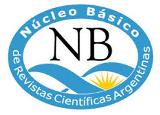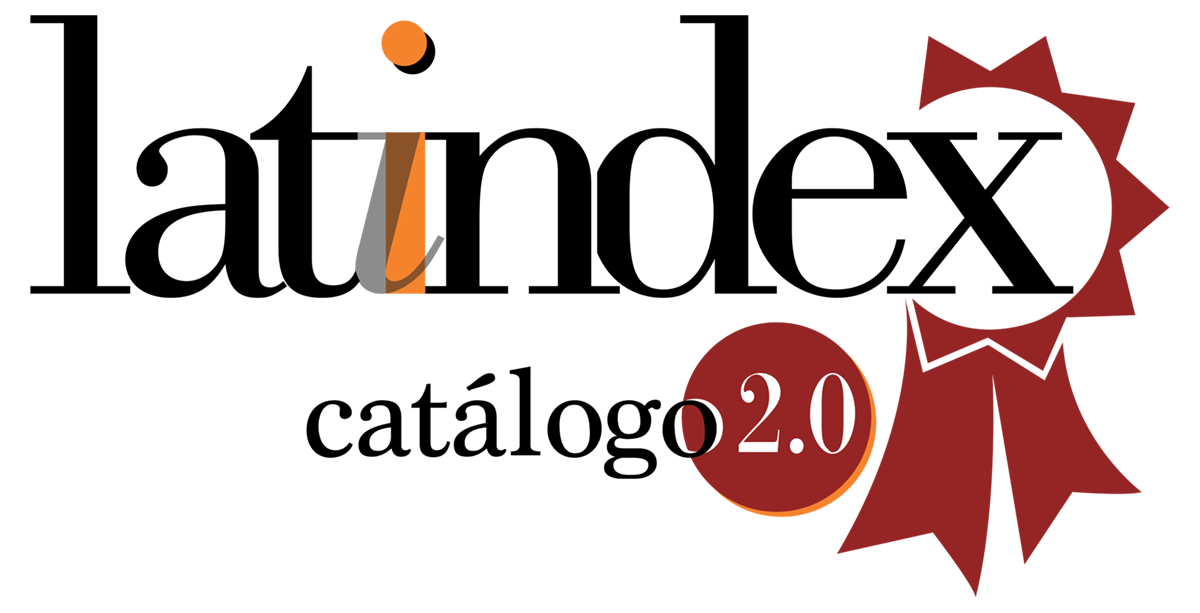Approach to organizational analysis from the perspective of Norbert Elías
DOI:
https://doi.org/10.24215/23139048e015Keywords:
Organizational analysis;, Norbert Elias;, civilized organizations;, configurational sociologyAbstract
This paper intends to present some reflections in an approach to the organizational analysis from the perspective of the thought of Nobert Elias.
The main motivation emerges from the existing gap in theoretical-methodological and empirical literature that bases organizational analysis from the promising assumptions of figurational sociology centered on a model of the evolution of psychogenetic and psychosocial processes in the interpersonal relationships of social reality, to fertilize the different theories of organizations and explain social transformations. This analysis is derived from the reflections of the works “The civilizing process” and “The Solitude of the Dying” of Norbert Elias.
It is concluded that the forms of organization of power in organizations are based on the degree of evolutionary psychogenetic and psychosocial development of individuals, their interrelationships and conflicts with each other and with social practices in their specific context, to reach certain levels of development ranging from societies with organizations and institutions in barbarism to civilized societies where the power relations between individuals, organizations and the State are based on the full exercise of human, economic, civil, political and social rights .
Downloads
References
Published
How to Cite
Issue
Section
License
The acceptance of an original by the journal implies the non-exclusive transfer of the economic rights of the authors in favor of the editor, who allows reuse, after editing (postprint), under a Creative Commons Attribution License -NonCommercial-ShareAlike 4.0 International (CC BY-NC-SA 4.0)
In accordance with these terms, the material can be shared (copied and redistributed in any medium or format) and adapted (remixed, transformed and created from the material another work), provided that a) the authorship and original source of its publication (magazine and URL of the work), b) is not used for commercial purposes and c) the same license terms are maintained.
The transfer of non-exclusive rights implies that after its publication (postprint) in Cuadernos de H ideas the authors can publish their work in any language, medium and format; in such cases, it is requested that it be stated that the material was originally published in this journal.
Such assignment also implies the authorization of the authors for the work to be harvested by SEDICI, the institutional repository of the National University of La Plata, and be disseminated in the databases that the editorial team considers appropriate for increase the visibility of the publication and its authors.
Likewise, the journal encourages the authors so that after their publication in Cuadernos de H ideas they deposit their productions in other institutional and thematic repositories, under the principle that offering society scientific and academic production without restrictions contributes to a greater exchange of global knowledge.










.png)

























